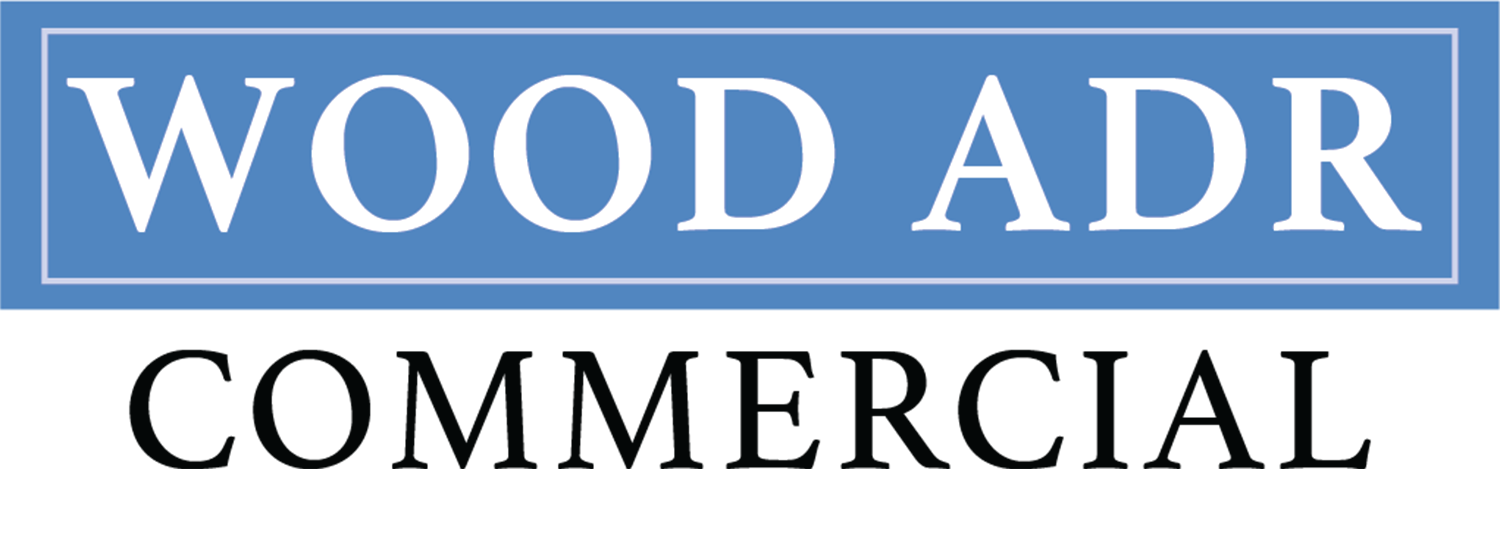Most Common Issues Causing Mediated Patent Disputes
Patents are used to protect inventions from being used, sold, or made by others for a given amount of time. Three types of patents in the US are:
Design Patents: protects the appearance of a manufactured object
Plant Patents: protects asexually reproduced plant varieties, including hybrids
Utility Patents: protects technology, machines, and chemicals; inventions with specific functions
Clients should not assume that their creation(s) are patented automatically. Individuals must apply for a patent and get approved by the US Patent and Trademark Office. This process is time consuming and complex. It’s best to hire a patent attorney to ensure that all the paperwork is turned in appropriately and they are approved so they can protect their invention and make profit.
One issue that causes patent disputes is ownership. Who owns the patent or invention? A business may believe that they have rights to an invention, but they could be reading the wrong small print. It is essential that the business observe the laws that govern inventions and the patent protection for inventions to determine if the business owns the rights to an invention or not. This issue can be resolved if the parties involved agree in writing regarding ownership of inventions created on company time or with company resources.
Common ownership issues arise with relationships between:
Co-inventors
Usually personal relationships
Identify and manage who made inventive contributions before settling on a patent application
Independent contractors
May be collaborative, but most often not
Should specifically list ownership rights to intellectual property between the independent contractor and hiring company in the written agreement between the parties
Employer-Employee
If the employer is a nature person rather than a corporation, the employer may have made sufficient contribution to the conception and reductions to practice to be considered an inventor with ownership rights. Otherwise, the employer will become the owner only by contract with the inventor(s) assigning the rights to the invention to the employer.
Apart from a contract of assignment, the employee/inventor will own the rights to an invention. Nevertheless, the employer may still have rights to use the invention under an implied license if the inventor use company resources or invented on company time.
An employer in California is prohibited under state law from requiring an employee to assign inventions to the employer that are unrelated to the employees work and that was made on the employee’s own time and using only the employee’s own resources.
Mediation can help manage these disputes, and you may wish to recommend this course of action to your clients.
